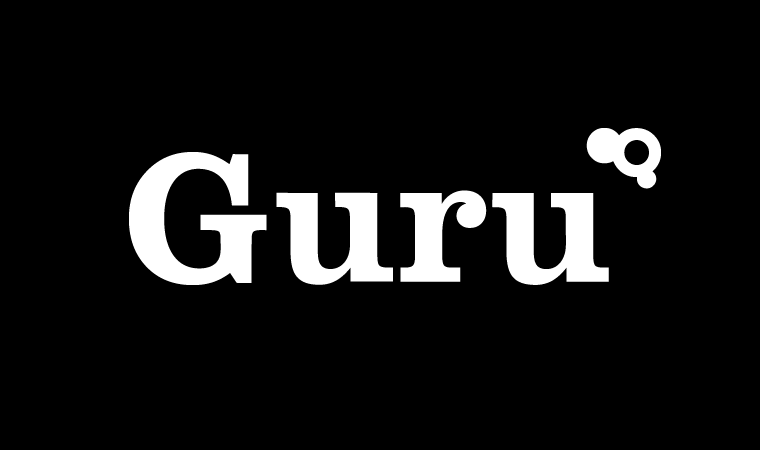With past experience working for Microsoft, Cisco and VMWare Margaret Buj knows a thing or two when it comes to recruiting high-demand candidates in the tech / e-commerce space. Taking five minutes out of her busy day we caught up with Margaret to discuss interviewing advice for employers and life in her current role as the Senior EMEA Recruiter at Expedia.
How important is your gut feel when interviewing candidates?
I think your gut/intuition is worth listening to – sometimes a candidate might give all the right answers but if you have a feeling something isn’t quite right, perhaps you are right. However, what is dangerous (and it is a mistake inexperienced interviewers make) is using the initial impressions that each interviewee gave you in order to compare candidates against each other.
It is important to rate each candidate against set criteria – after all you’re looking for a person who can do the job, not someone who’ll be your next best friend. Hiring someone just like you is hardly ever a good idea.
German Comedian Henning When made me laugh once with the comment “The British Advertise for a sense of humour in job adverts, in Germany we look for people that can do the job, laughing at work isn’t necessary”.
What are the big cultural differences you notice when interviewing across international territories?
I think there are bigger cultural differences between Europe and Asian cultures than between different European countries. In the UK and North America we like people who respond to our questions firmly, quickly, and with confidence.
Where someone went to school, where they are from geographically, and who their parents are plays little role in selection as it is apparently the case in some Asian cultures.
One of our Recruiting Directors went to India when we were interviewing recruiters for our new office there. He was quite shocked to discover that most interviewees came with their families to an interview – who then waited in a special waiting room. It was normal to them, but it definitely wouldn’t be considered a standard behavior in the UK!
In my experience the interviewers in the UK may expect the candidate to challenge ideas and questions intellectually and engage in serious debate with them, especially for senior level positions. They are likely to expect the candidate to answer questions directly, without any extraneous personal or anecdotal information.
The assumption of equality between the interviewer and candidate may be very inappropriate in certain European cultures and in my experience, people here are much more concise in their answers and get to the point quicker than many candidates in e.g. Southern Europe. Typically (but not always!) a phone screen with a candidate in the UK that would take 20 minutes, takes me about 40 minutes with someone from Italy or Spain. That’s not a criticism by the way, simply a difference I’ve noticed many times when interviewing people from different cultures.
Do you adapt your interview style for different job types?
I don’t think I adapt my style as much as the questions. The more senior the position, the more in-depth and complex the questions are likely to be.
Can you share a unique interview experience?
A few years ago I interviewed a candidate who literally kept grinning throughout the interview. Every time she finished answering a question, she would smile broadly. Of course, it is good to smile a little during an interview, but that constant grinning looked very strange and it was difficult to take this candidate seriously.
What is the single best piece of advice you can give to people who interview?
I am not sure about just one but you need to be a great listener and you need to be able to filter out the people who say they can do the job verses the ones who can get the job done. There are many job seekers out there who are very good at selling themselves, but low on delivering results. Unfortunately, the choices are not always clear, which is why interviewers have turned to competency based interviews which we are using at Expedia extensively. Of course, even behavioral interviews can’t predict how someone will work out but I believe they can really help with making the right hiring decision.
Here are some tips on how to conduct a good interview:
Know what you are after (before you start interviewing) What are the requirements for this position? What does this person need to be able to accomplish? Think about previous people who have held the position and what skills, knowledge, and personal qualities made them successful or unsuccessful. Make a list of these factors and make sure that everyone involved with the selection process agrees that this is the criteria they are looking for.
It is important that everyone on the team is on the same page with what the objective is and what the job entails. Otherwise, a candidate will come in to interview with one person and then be asked completely different questions by the second person because the second person thinks the job is about something else completely. Or the candidate will be interviewed by 5 different people only for them all to disagree on what is really important in the job.
Do your homework before the interview. You should have read the candidate’s resume and created specific questions about their work history you want to know more about. During the interview it is generally a good idea to ask open ended questions and to mix general type interview questions with some specific competency based questions based on the criteria you have previously outlined.
It’s also important to remember that the candidate is also interviewing you and your company so make sure you also sell the company and the opportunity.
At the end, always give the candidate the opportunity to ask you questions. Describe what the next steps are in the process and when you plan to follow-up. Thank the candidate for coming in, and walk them to either the lobby or the next interviewer.

